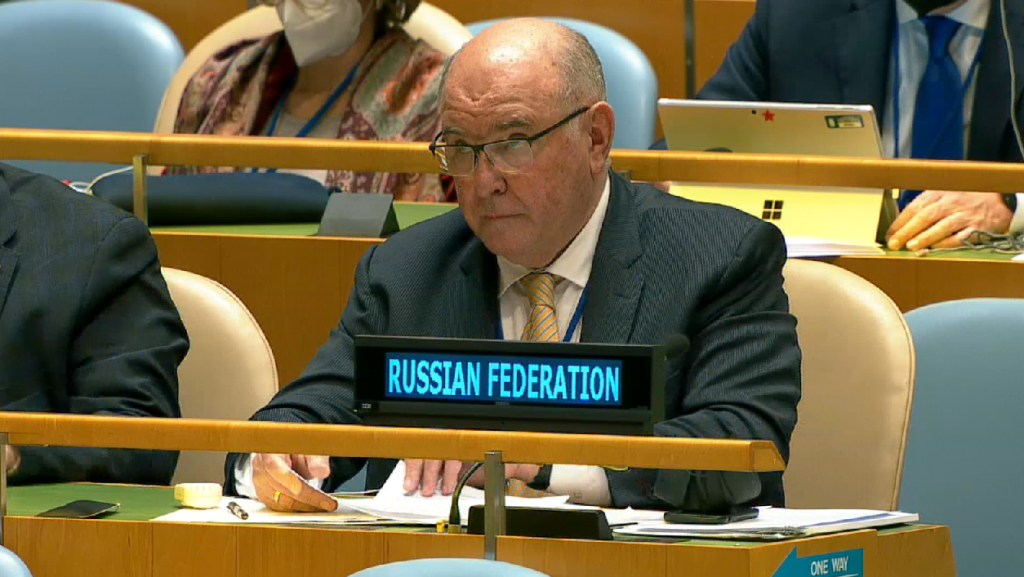Statement by Grigory Karasin, Chairperson of the Federation Council Committee on Foreign Affairs, at the Parliamentary Hearing at the United Nations
Mme. Chair,
Colleagues,
Russia is a unique multinational and multiconfessional state. The country’s territory is inhabited by representatives of over 190 nationalities[1]. Our citizens follow Christianity, Islam, Judaism, Buddhism, and many other religions.
Under modern conditions, both the government and the parliament are focused on the protection of the rights of indigenous peoples, migrants, people with disabilities, and other vulnerable groups.
According to Russian law, the “indigenous minorities” status applies to 47 peoples.
The law consistently establishes the rights of indigenous peoples to priority and free use of land, water, hunting, and other natural resources in places of their traditional residence and traditional economic activities.
Particular attention should be given to the protection of the rights of people with disabilities whose number in Russia is considerable -- about 9% of the population (about 13 million people). In 2012, we ratified the Convention on the Rights of Persons with Disabilities, adopted by UN General Assembly Resolution of December 2006. The objective of the Convention is to promote, protect, and ensure that people with disabilities enjoy fully and equally all human rights and fundamental freedoms. Since 2016, Russia has had a separate federal law regulating the implementation of the provisions of the Convention.
Since 2011, the Russian Federation has been implementing the Accessible Environment state program to create barrier-free living conditions for people with disabilities throughout the country. The program is scheduled to be completed in 2025.
The pandemic has exposed the acute vulnerability of migrants and internally displaced persons. Against this background, we are exploring the possibility of organizing training centers for migrant workers in major donor countries. They will be able to learn the Russian language and the basics of Russian law in the centers for migrants[2].
Such efforts are the best way to prevent offenses among migrants, prevent the formation of organized ethnic criminal groups.
We support the intensification of activities to improve the protection of the rights of vulnerable groups both nationally and internationally, including at the level of the United Nations and the Inter-Parliamentary Union.
Thank you.
